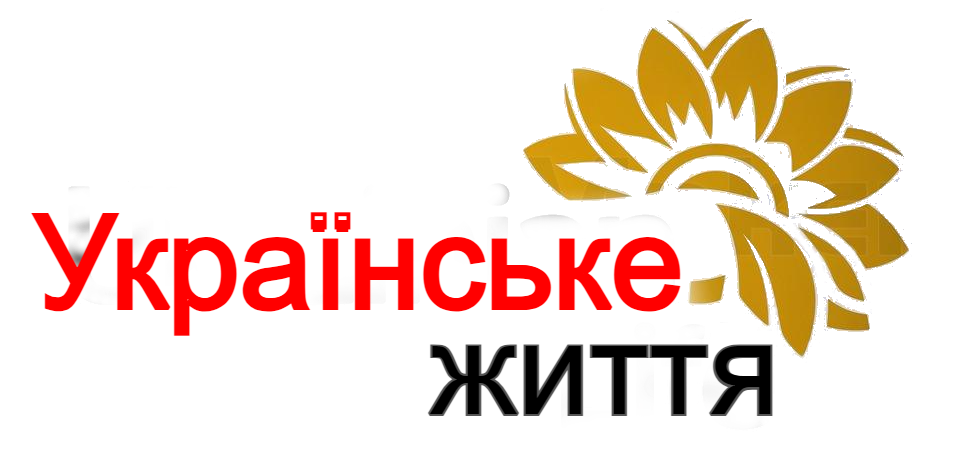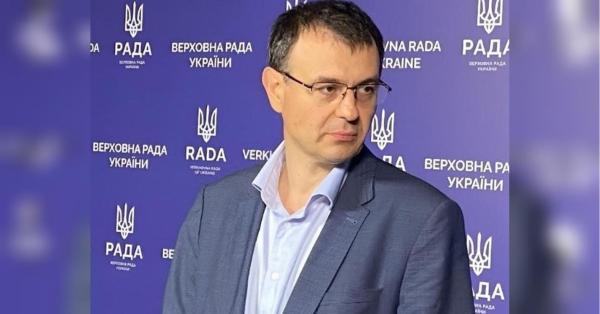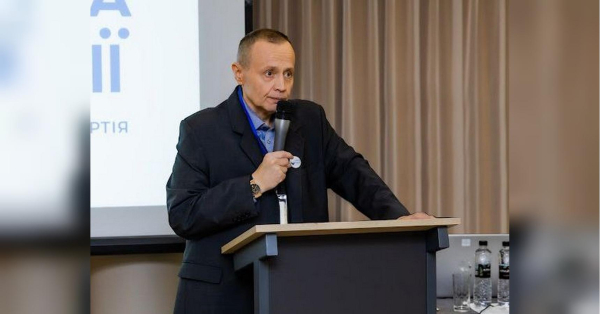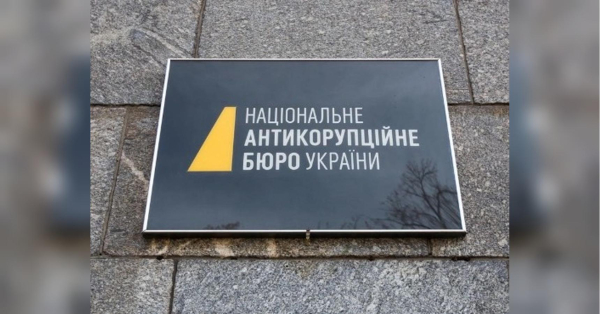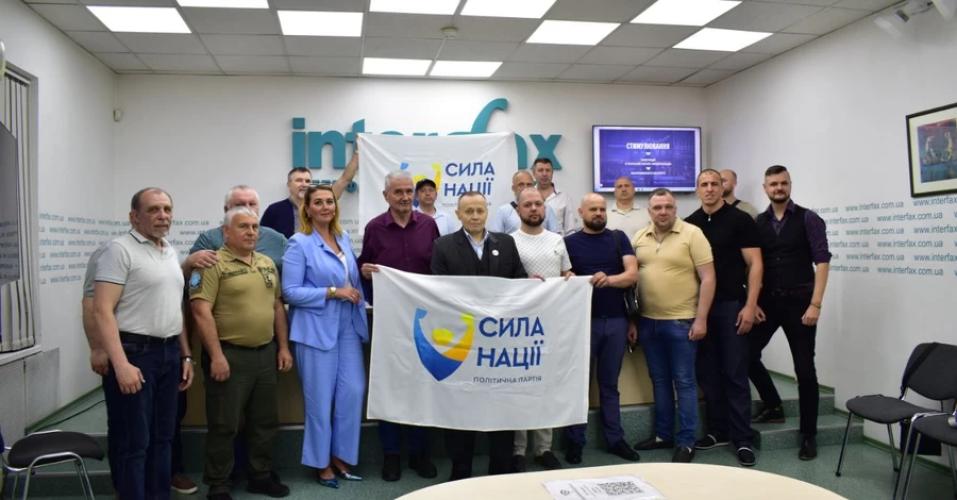
On June 5, a press conference was convened by the leadership of the All-Ukrainian political party “Power of the Nation” at the Interfax news agency, where the party's economic strategy and plans for the post-war reconstruction of Ukraine were unveiled.
During the event, party chair Andriy Pelyukhovsky remarked:
“The war has significantly altered our lives. We admire the bravery and determination of our soldiers. Our faith in victory remains strong. We receive updates from the front lines every hour, anticipating progress and the gradual movement of our troops. However, we must not overlook another pressing issue of today—the economy, the social sphere, and the basic necessities of life. In reality, the primary concern for ordinary Ukrainians is survival and what lies ahead for Ukraine after the war.”
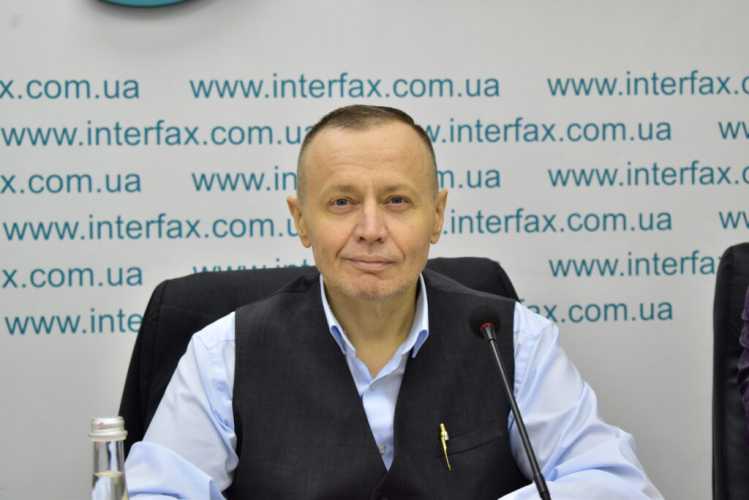
Ukraine has been deprived of its industrial powerhouses that generate foreign currency. It has also lost various seaports. Even if we regain all our territories tomorrow, many enterprises will require rebuilding (which will take more than just one year), and by that time, our traditional markets will have been claimed by competitors. For instance, Ukraine had established itself in the global iron ore market for a long time, but now Brazil has taken over Ukraine's position. Today, the issue extends beyond ore extraction; it also involves its export. It is worth noting that metal and ore previously contributed nearly a quarter of the state's foreign exchange revenue.
“Moreover, let's be honest: after May 10, a considerable portion of our subsoil will no longer be under our control, so we must not depend solely on the natural resources buried within Ukrainian soil. Therefore, the conclusion is clear: we require technological advancements.”
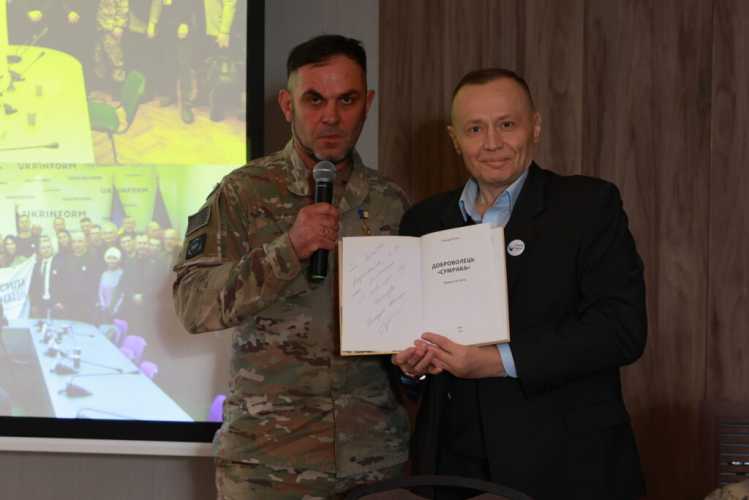
He also highlighted the central issues facing society: “Currently, only 14% of businesses are operating fully. The unemployment rate could surpass 40% (before the war, it was anticipated that unemployment in Ukraine in 2022 would hover around 8.6%). The inflation rate may climb to 30%. Ukraine has lost the largest nuclear power plant in Zaporizhzhia, and even if it is returned to Ukrainian authorities, two-thirds of the reactors will be temporarily non-operational due to technical issues.”
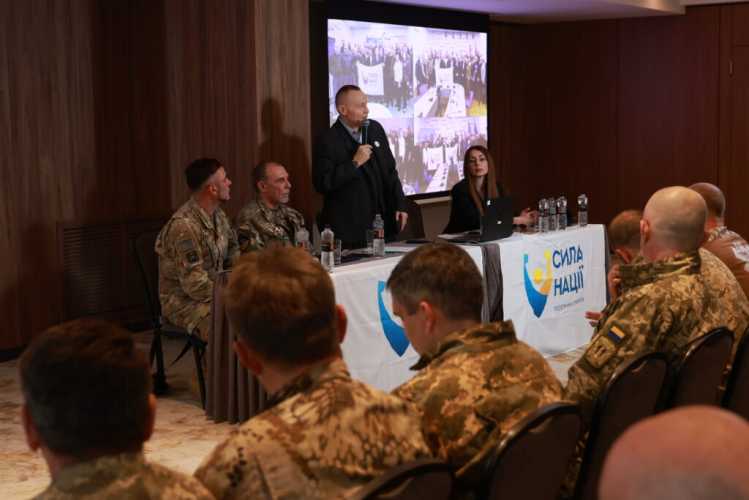
According to forecasts from the World Bank, over 70% of Ukrainians will find themselves below the poverty line. An even more severe issue is demographic. Seven million Ukrainians have found themselves abroad, with 80% likely not to return. This group primarily consists of women of childbearing age and children. Daily, 100-200 individuals perish on the front lines. A similar number is “washed out” daily from the workforce: young, healthy individuals are being drafted, who in normal circumstances would be the economic engine. What situation will we face after achieving victory?
What actions should be taken in this circumstance? – asks the leader of the “Power of the Nation” party. He provides an answer:
“First, a thorough and ongoing audit of the country's economic situation is essential—this necessitates the establishment of a special council composed of Ukraine's leading economists, rather than leaving this task solely to the President's Office (excluding the Cabinet of Ministers, which is largely subordinate to the Office). And is our party prepared to facilitate this process?
Secondly, a comprehensive strategy for the development of the service sector is crucial. In Ukraine, this sector represents about 10-12% of the overall economy. However, in the USA and many European nations, it constitutes a third or more of their economies. The service sector offers fertile ground for the growth of the Ukrainian middle class. This implies a new economic philosophy and a fresh engine for the economy.
Thirdly, it is imperative to develop and establish a comprehensive microcredit program based on the system of Nobel laureate Muhammad Yunus right now.”
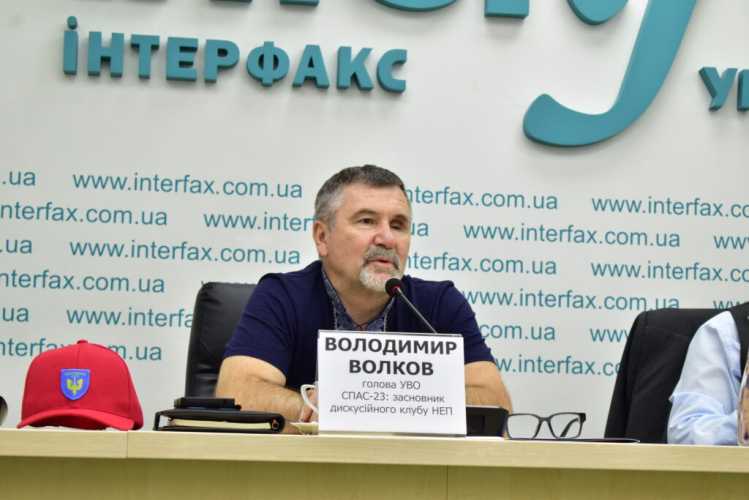
Vladimir Volkov, a member of the party's political council and a well-known economist, believes that to navigate the post-war crisis, a focus on three primary areas is essential:
- The promotion of cooperation as the main form of social interaction, which is both traditional and understandable for Ukrainian society;
- The enhancement of logistics routes and transit operations—including maritime sectors;
- The export of military technology and military expertise.
Mr. Volkov identifies these three aspects as the main catalysts for the Ukrainian economy in the near term.
He asserts that “the time has come to convince the remaining segments of the Ukrainian elite to form a 'post-liberal' government that will not just preserve existing political institutions but will also imbue them with a fundamentally different ethical framework. “Cooperation will serve as the key mechanism for economic stimulation. Historically, this proposed movement is not a novel concept. It involves an alliance of ordinary citizens with a virtuous intellectual elite that aims to restore the political tradition of public good and establish new standards for managing and directing human aspirations. This collaboration transcends current political parties; it represents a new national movement that merges cultural conservatism (support for traditional religion, marriage, and family) with a labor union economic agenda that advocates for domestic production, higher wages, paid parental leave, and subsidies supporting families. We will also compel the state to fund vocational training and the repayment of student loans for graduates who pursue careers in education or public service. Our objective is to foster a supportive community for affluent Ukrainian families. The advancement of the Ukrainian family is to be achieved through the comprehensive expansion of cooperation,” stated Volodymyr Volkov.
On May 30, a Memorandum regarding consolidation, joint actions, and support of intentions to safeguard the national interests of Ukraine was signed at a conference in Kyiv
Источник: kp.ua
